By Claire Bacon, ACN, CNC
Getting restful sleep – all night long, with peaceful dreams and waking up with energy in the morning – can be a lot easier said than done. Certainly, all of us have felt the effects of too much stress, and what it can do to our sleep temporarily, but as soon as that particular stress is relieved, normal sleep should return. But what happens when it doesn’t? What can we do when counting sheep isn’t enough?
The American Academy of Sleep Medicine declared Monday, March 11, 2018 to be Insomnia Awareness Day. Each night, millions of Americans struggle to fall asleep or stay asleep. Did you know that 15-20% of adults develop a short-term insomnia disorder, lasting less than 3 months, and approximately 10% of adults have a chronic insomnia disorder, which occurs at least three times a week for more than three months.
Chronic insomnia can have many negative impacts on your health. Related symptoms can include:
- chronic fatigue,
- poor focus and concentration,
- memory issues,
- impaired mood,
- low motivation and apathy, and
- increased errors or accidents.
Clearly, sleep issues need to be dealt with early, before developing into a chronic, debilitating condition.
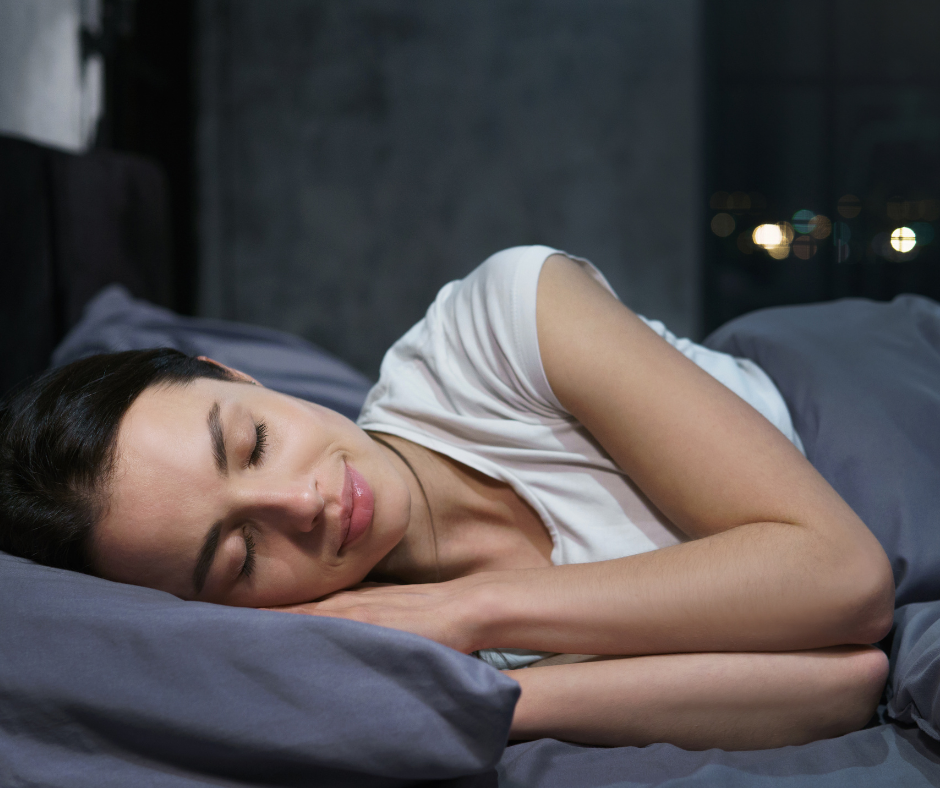
Last week, we took a look at two major causes of insomnia: HPA axis dysfunction and glycemic management. If you missed our Part 1 article, here is a quick recap:
HPA Axis Dysfunction
The hypothalamus-pituitary-adrenal axis represents the way the various endocrine glands communicate with each other through hormonal signaling. Chronic stress (either chemical, physical, or emotional stress) can wreak havoc on the hormonal output that determines our circadian rhythm. This confuses our mechanism to have high energy in the day vs. low energy at night.
When properly used, adaptogenic herbs like Ashwagandha Complex are supportive of proper sleep signaling but won’t “force” the body to do anything. Often, we like to use several supplements in combination – like Valerian Complex with Cataplex B2 – when stronger support is needed.
Glycemic Management
In many cases, the individual must work on the diet. Consuming too many carbohydrates can be detrimental to your sleep. You must bring in more healthy fats and protein, and a lot less carbohydrates. Our favorite supplement to help you manage your healthy choices is Diaplex. It really curbs cravings so you can be satisfied with healthier foods. It may be helpful to eat a snack of turkey meat or almond butter right before bed, so the protein and fat can help keep blood sugar stable through the night.

Problems with OTC Remedies
Sometimes, it’s not so easy to figure out the underlying cause of the disrupted sleep. Many people tend to turn to over-the-counter options like Melatonin or Tylenol PM. The problem with Melatonin is that it is supposed to be produced by your pineal gland late at night. When it is added exogenously, the body can get used to the condition of not having to produce its own Melatonin. In other words, the endocrine system realizes there is sufficient Melatonin in circulation, and the pineal gland can become lazy in its production of the hormone. Another way to put it would be, if there is a problem (possible toxicity) with the pineal gland, you may just be covering up the problem by adding your own Melatonin.
Tylenol PM has other concerns. It contains acetaminophen (pain reliever) and diphenhydramine HCl (antihistamine). A quick search on Drugs.com reveals that “an overdoes of acetaminophen can damage your liver or cause death.” Acetaminophen can also cause a severe skin rash with blistering or peeling and also can be fatal. The risk of these effects are increased when consumed with alcohol. Acute liver failure can occur after one large dose of acetaminophen, or after having higher than recommended doses every day for several days.

Biomeridian Clock vs. Counting Sheep
According to Traditional Chinese Medicine (TCM) there is an internal “body energy clock” reflected in the energy meridians that are linked to every organ. The body energy clock reflects the cyclical ebb and flow of energy throughout the body. TCM holds that “chi” (the vital energy force) moves inward during sleep to restore the body. When the various cleansing processes are complete, chi moves outward again to promote actions in different parts of the body. If the organ is overloaded with toxicity or negative emotions, function will be disrupted, which can wake you up at the wrong time. By understanding that every organ has a daily repair schedule, gives us an opportunity to determine what may be affecting your healthy sleep.
Let’s take a look at the organs commonly affected by the sleeping hours:
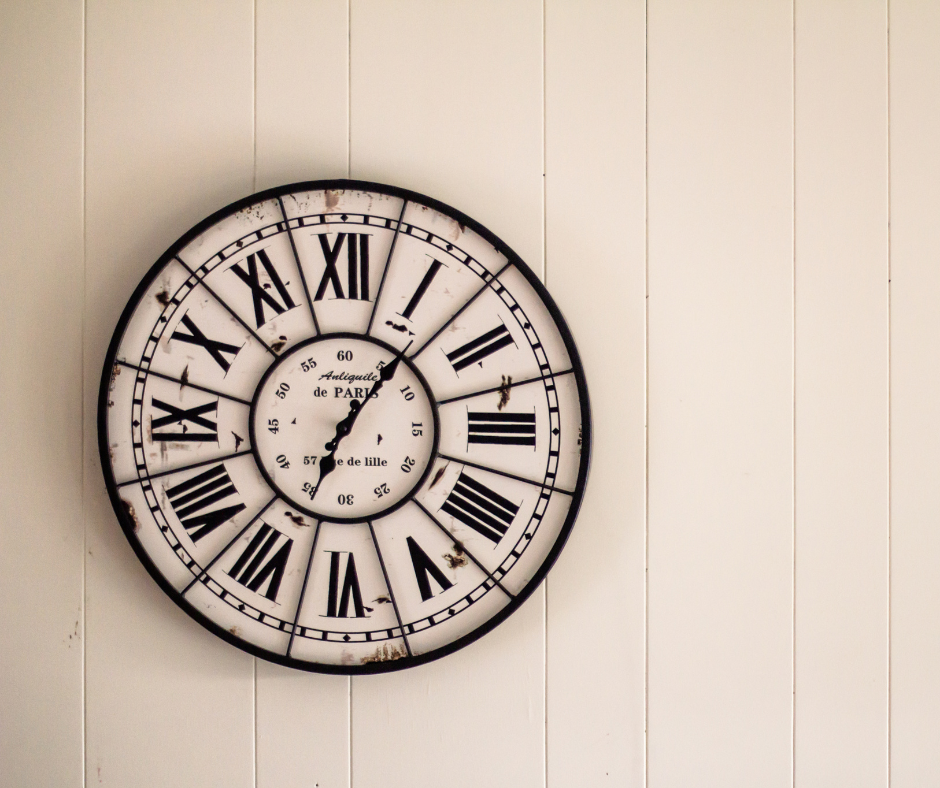
From 9:00 to 11:00,
this is the Triple Warmer time, the time of the thyroid and adrenals. During this time, cortisol production should be low, to allow the person to rest calmly and let sleep take over. However, if you have been watching a scary movie or mulling over stressful events from the day, you may unknowingly be firing up increased cortisol production and fueling a “fight or flight response” that can keep you from falling asleep on time. Essential oils that help for calming a stressed out body include Lavender, Roman Chamomile and Frankincense.
From 11:00 to 1:00
is the time of gallbladder renewal. The gallbladder is a pouch that collects bile as it is produced from the liver. If the liver is overburdened, bile production can stagnate, becoming thick and sluggish and not flowing easily. This sluggish bile can irritate the gallbladder. This causes disrupted sleep at the time when it is supposed to be actively performing growth and repair. The gallbladder is also associated with resentment. So if you have a problem of holding grudges, or if there is a situation in life causing you great strife and resentment, focusing on and releasing this emotion from your worries may give you the restful sleep you have been looking for at this time. Two of our favorite gallbladder relief products are AF Betafood (if you have a gallbladder) and Beta-Plus (if it has been removed). Essential oils that support gallbladder function include Geranium and Lavender.
From 1:00 to 3:00
is the time when the liver is most active. The liver performs hundreds of functions. Most notably, it neutralizes and eliminates toxins and excess hormones from the bloodstream. Again, if the liver is overburdened, or is under-nourished of proper nutrients, it can struggle in performing its functions, and can wake you up. I believe this is why most people discover much more restful sleep during our 21-Day Purification Program, which promotes liver detoxification through specific herbs and foods. The liver is the organ of anger and frustration. Have you been especially short-tempered lately, harboring negative emotions of pent-up anger? Maybe it’s time to do a purification of your liver with two of our favorites: Diaplex and SP Cleanse. By clearing the negative toxicity, you may clear the negative emotions and improve your sleep, too. Essential oils that are useful in promoting liver function include Geranium, Helichrysum and Clove.
From 3:00 to 5:00
the body energy shifts to the lungs. This is the time of early stirring, gentle breathing, and moving waste from the lungs. Do you tend to cough when you first get up and move around? It could be because the lungs have just been working on clearing debris and tissue repair. The lungs are associated with the emotions of grief and sadness. If you have suffered a loss that you haven’t fully grieved through, your body may be telling you to focus on it and release the sadness in order to restore function during this time. One essential oil that I find particularly helpful in oxygenating the lungs and releasing grief is Sandalwood. Just a few drops on the chest before bed can help give a sense of peace and release that inner tension.
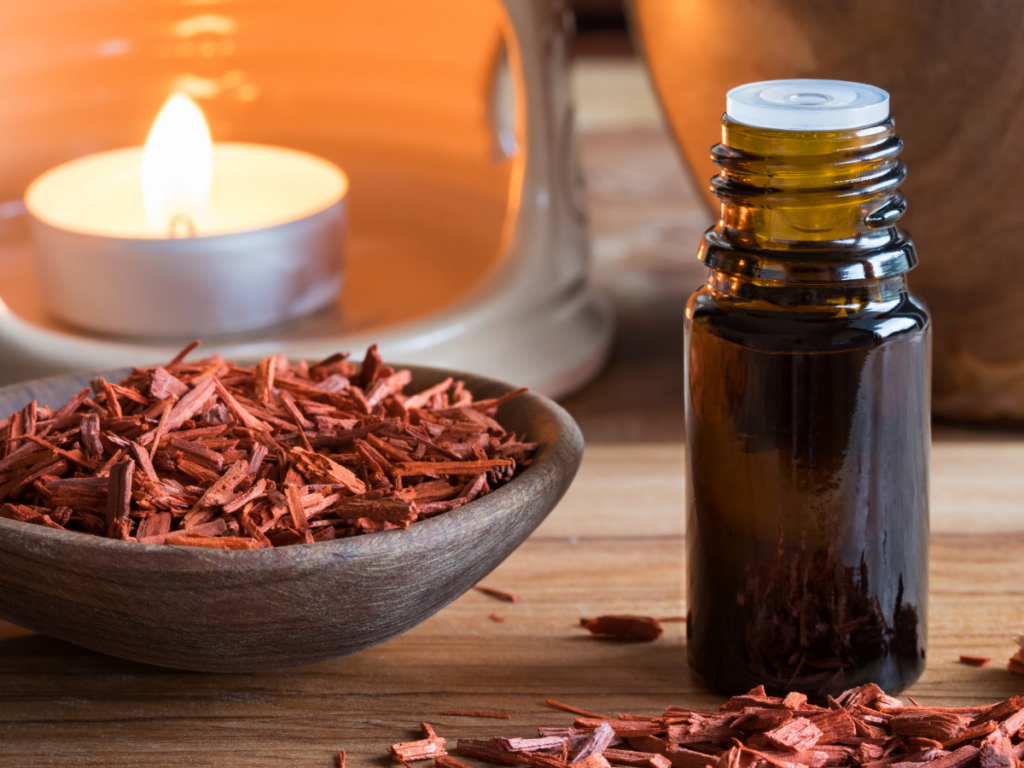
Electronic Devices and EMFs
Uh oh, here’s where I get to remind you that late night TV is not the best thing to get you to sleep on time. You already know it to be true! The bright lights, sound and mental stimulation are in direct opposition to what your body needs to transition to peaceful dreams.
Exposure to electromagnetic fields (EMFs) from cell phones, computers, cell towers, WiFi, tablets, cordless phones, electric blankets and even the new electricity Smart Meters on our homes can have a significant effect on sleep. Even when you’re not using these devices, the constant electromagnetic radiation is continuously zapping your body and affecting your energy. If you keep your WiFi going constantly and use your cell phone by your bed as your alarm clock, this may be a huge contributor to your disrupted sleep.
EMFs from man made devices have a higher frequency than the natural electromagnetic fields of your body at rest. The electrical current in your home is generally between 50-60 Hz. In contrast, the ideal frequency in your brain during sleep drops to as low as 2 Hz. This discrepancy can keep you from falling asleep, and can pull you out of deep sleep.
EMFs also cause sleep loss through the suppression of melatonin in your body. EMFs hinder the production of melatonin and impact our cells so that they can’t take in the melatonin that is produced. This allows proliferation of malignant cells and disrupts cell-signalling systems, which determines how a cell responds to its environment.
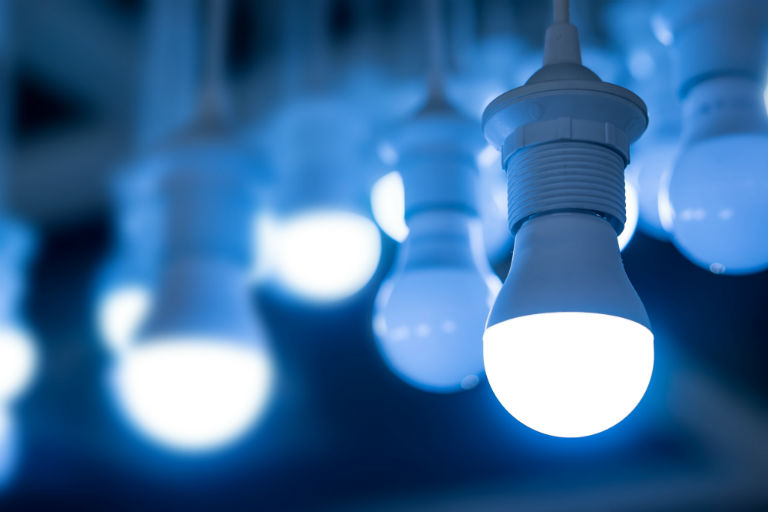
Easy Tips to Improve your Bedroom Environment:
- Use black electrical tape to cover up the bright lights on your devices
- Remove any unnecessary electrical devices from the room
- Do not sleep under an electric blanket turned on all night
- Put your WiFi on a timer so that it turns off automatically at night
- Put your phone on airplane mode when it’s time for bed
- Do not stare at a TV, computer or tablet in the hour right before bed
- Avoid loud music, arguments and discussing to-do lists with family right before bed
- Take a warm bath with lavender soap, or a few drops of your favorite essential oils before bed
- Read a book with a peaceful storyline right before bed.
- Cuddle with your pets, tell your spouse something that you’re grateful for, or pray quietly right before bed.
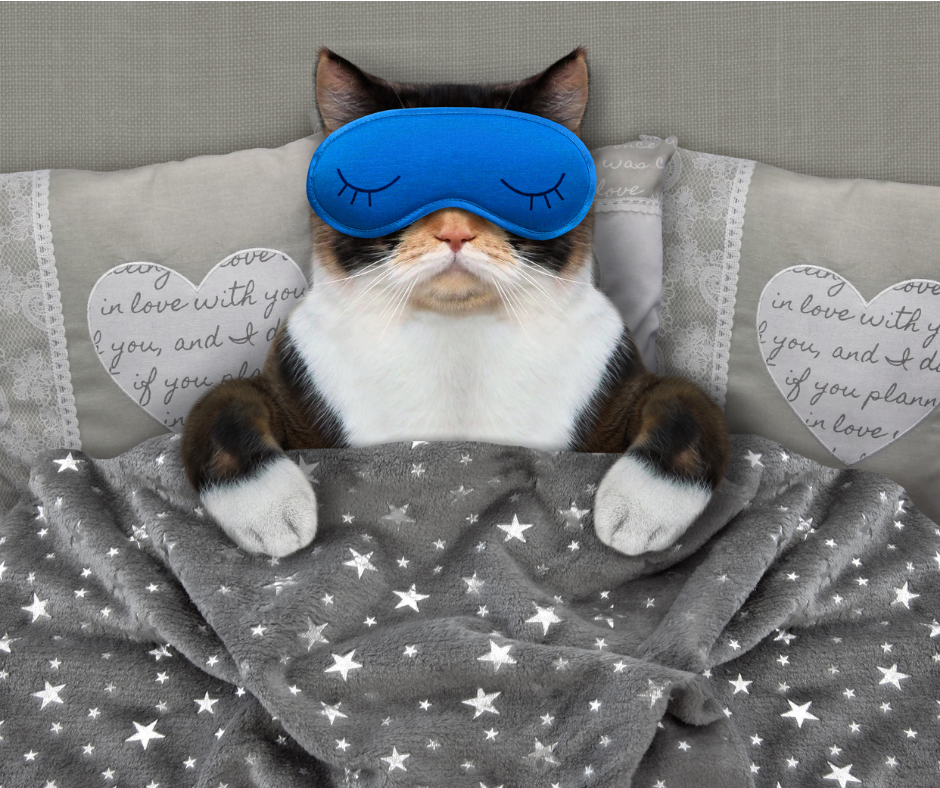
Final Thoughts on Counting Sheep
We hope this information has been helpful for you! Please let us know of any questions you may have. Click the button below to request a consult, and let us help you with more ways to improve your sleep!


